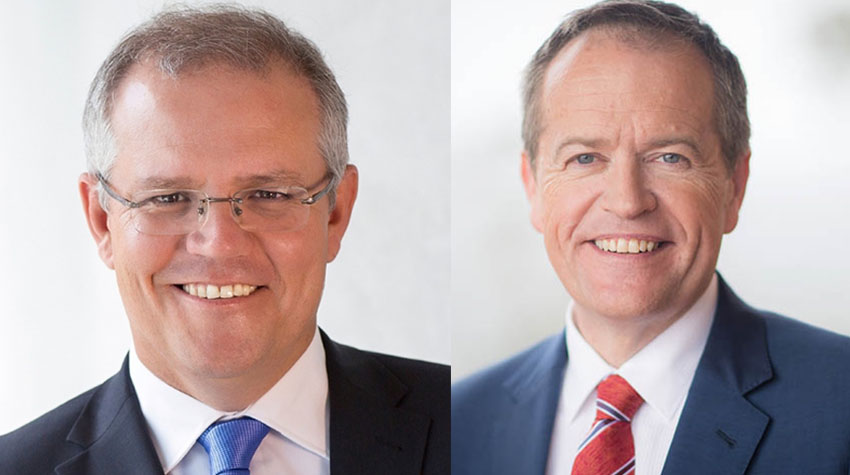Election battle lines drawn over women’s super policy
Women’s superannuation is shaping up to be a divisive policy issue for the federal election, and while some policies may make a meaningful difference, others are simply “tinkering at the edges”, says a technical expert.
In September last year, Labor announced two main policies aimed at increasing the amount that women have in super.
BDO partner Mark Wilkinson said that one of Labor’s policies is to pay superannuation guarantee contributions to women while they are on government-paid maternity leave.
The other main policy is to remove the $450 minimum monthly income threshold for eligibility for the superannuation guarantee (SG).
Mr Wilkinson explained that at the moment, if someone is earning less than $450 a month from an employer, then they don’t have to pay SG contributions on that.
“As a lot of women work casually in multiple jobs, they might have a series of employment positions where they’re earning $449 a month, but they’re still not getting any super on that, and so, I guess, those changes are beneficial for increasing women’s super,” he said.
Labor also wants to drop the Coalition’s catch-up contributions measure which enables members to use their unused concessional contributions cap space on a five-year rolling basis where their total superannuation balance is less than $500,000.
Mr Wilkinson said that he is concerned that Labor is planning to repeal changes that are already now law, and could potentially have far greater impact on the shortfall in women’s super.
“A lot of women have balances less than $500,000 and they can use those catch-up contributions where they receive an inheritance, a windfall gain, a gift from their partner or when they return to the workforce,” Mr Wilkinson said.
This may provide her the opportunity to top up her superannuation and return herself to a position of her male counterpart, he explained.
“There is no other piece of legislation that facilitates that anywhere else in the Labor Party policy announcements. I suspect that the Labor Party feels that by allowing the catch-up, it’s only the rich that are going to take advantage of it, but I think that misses the point as well,” he said.
“If the annual concessional contribution limit is $25,000, and we know that certain groups of society are leaving the workforce in order to provide care to children and ageing parents, then why wouldn’t you allow legislation to remain in place to enable them to take advantage of the ability to catch up, and if it’s only some women who can do it, then so be it, it’s better than removing the ability to be able to do it at all.”
He also noted that the net revenue cost of funding SG contributions on parental leave is $400 million over a 10-year period.
“The benefit that they get of removing excess franking credits is $11.6 billion over four years, so $400 million over a 10-year period is not a great deal of money to be putting into additional super for women. It’s really tinkering at the edges,” he said.

Miranda Brownlee
Miranda Brownlee is the deputy editor of SMSF Adviser, which is the leading source of news, strategy and educational content for professionals working in the SMSF sector.
Since joining the team in 2014, Miranda has been responsible for breaking some of the biggest superannuation stories in Australia, and has reported extensively on technical strategy and legislative updates.
Miranda also has broad business and financial services reporting experience, having written for titles including Investor Daily, ifa and Accountants Daily.








